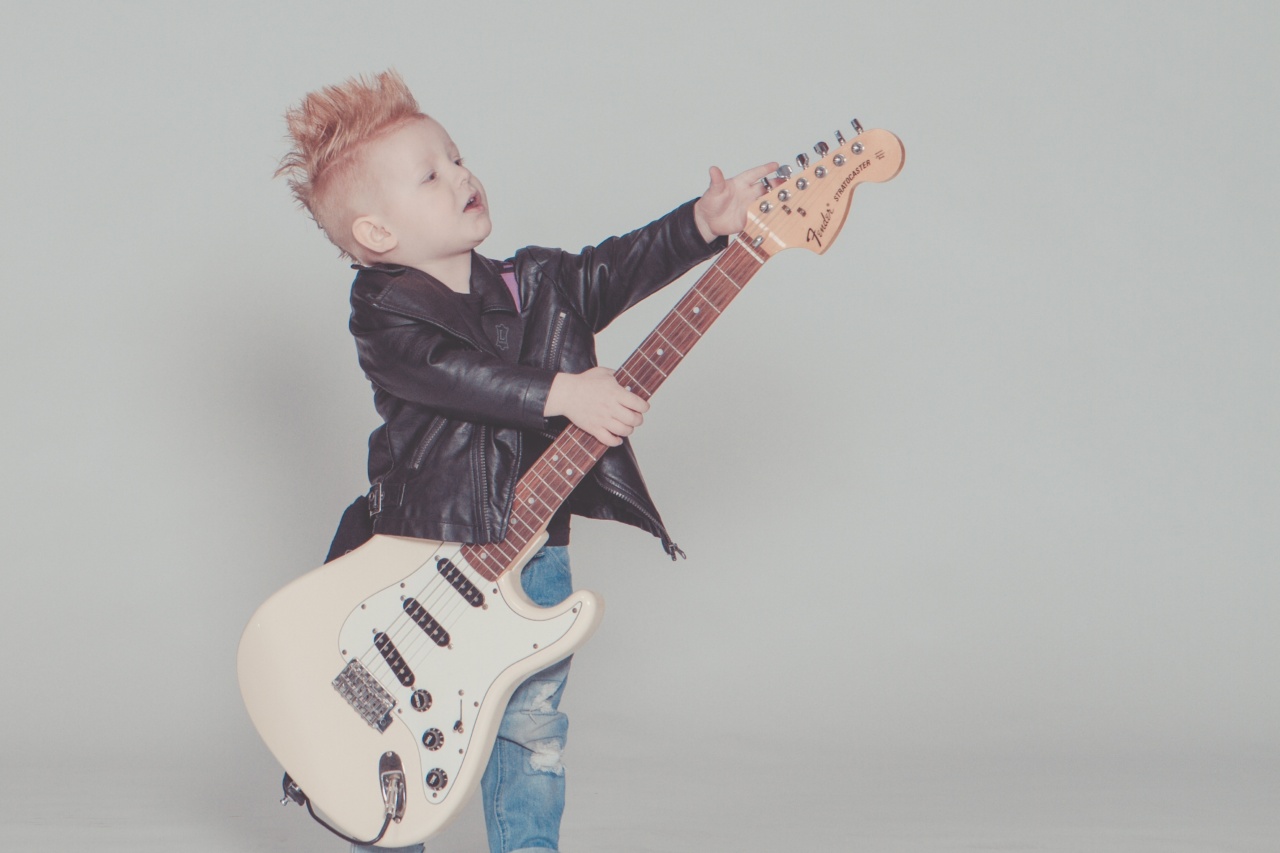For children with cancer, the fight against the disease can take a toll on both their physical and emotional well-being.
Cancer treatment can cause discomfort, pain, fatigue, and a host of other side effects that can make daily life challenging for kids with cancer. On top of this, the emotional impact of living with cancer, including fear, anxiety, and depression, can be overwhelming for children and their families.
Music therapy is one approach that has shown promise in helping to ease the physical and emotional burdens of cancer treatment for children.
Music therapists work with children with cancer to use music to help improve their mood, reduce stress, and alleviate pain.
How Music Therapy Helps Children with Cancer
Music therapy can offer a range of benefits for children with cancer, from providing a distraction from their illness and treatment to helping them express their emotions. Here are some ways in which music therapy can help:.
1. Pain Management
Research has shown that listening to music can be effective in reducing pain, including pain related to cancer treatment. Music can help distract children from their pain, making the experience more bearable.
Music therapists can also help children learn techniques like deep breathing and visualization that can further help to reduce their pain.
2. Emotional Support
Dealing with cancer can be an emotionally challenging experience for children, who may feel anxious, scared, or sad. Music therapy can provide a safe and supportive environment in which children can express and explore their emotions.
Through music, children can tell their stories, share their feelings, and find ways to cope with their illness.
3. Improved Quality of Life
Chronic illness can take a toll on a child’s quality of life, affecting their ability to participate in everyday activities, engage with peers, and maintain a positive outlook.
Music therapy can help improve a child’s quality of life by providing opportunities for self-expression, promoting relaxation, and fostering social connection. By giving children with cancer a sense of control and mastery over their experiences, music therapy can also help boost their self-esteem and confidence.
4. Coping Skills
Music therapy can help children with cancer develop coping skills that can serve them well throughout their lives.
By learning to use music as a tool for self-expression, relaxation, and managing stress, children can develop a sense of agency and control over their experiences. They can also learn valuable skills like focused attention, deep breathing, and positive visualization that can help them cope when facing challenges in the future.
The Role of the Music Therapist
Music therapists who work with children with cancer are specially trained professionals who use music to promote healing and improve quality of life.
These therapists work with children individually or in groups, depending on their needs and preferences.
Music therapists may use a variety of techniques and interventions, depending on the child’s age, developmental level, and treatment stage. Some interventions that music therapists may use include:.
- Singing songs that are meaningful to the child
- Playing instruments
- Creating and recording songs
- Guided relaxation exercises
- Lyric analysis and songwriting
- Movement to music
Music therapists work closely with the child’s healthcare team, including doctors, nurses, and social workers, to ensure that music therapy is integrated into the child’s overall care plan.
Conclusion
For children with cancer, music therapy can provide a range of benefits that can help improve their physical and emotional well-being.
By providing a safe and supportive environment in which children can express themselves, develop coping skills, and find ways to manage their pain and stress, music therapy can be a valuable tool in the fight against cancer.
If you or someone you know has a child with cancer, consider exploring music therapy as a complementary treatment option that can help support your child’s overall care.































